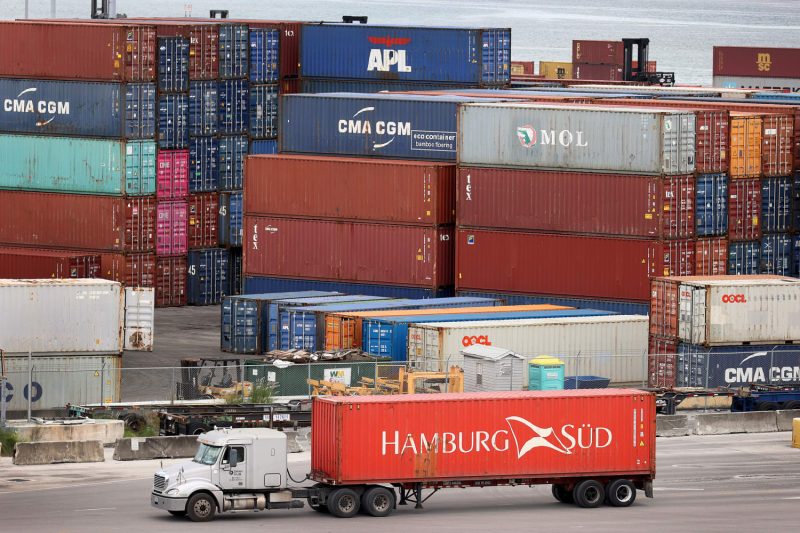In a rapidly changing global economy, the efficient movement of goods is crucial for retailers to maintain their operations and meet consumer demands. Recent reports have indicated that East Coast dockworkers are preparing to go on strike, creating significant challenges for retailers who rely on the timely delivery of merchandise. As a result, retailers are scrambling to find alternative ways to move billions of dollars in cargo to avoid disruption in their supply chains.
One of the primary concerns for retailers is the potential delay in shipments due to the impending strike. With billions of dollars worth of goods waiting to be delivered, any disruption in the flow of cargo could have cascading effects on retailers’ inventory levels and ultimately impact their ability to meet customer demand. To mitigate this risk, retailers are exploring various contingency plans, including rerouting shipments through alternative ports, increasing inventory levels, and expediting deliveries through air freight.
Rerouting shipments through alternative ports is one strategy being considered by retailers to minimize the impact of a potential strike. By diversifying their supply chain and utilizing other ports along the East Coast or even on the West Coast, retailers can ensure that their cargo reaches its destination in a timely manner. While this approach may incur additional costs and logistical challenges, it provides retailers with a viable workaround to keep their operations running smoothly.
Another option available to retailers is to increase their inventory levels to buffer against any potential disruptions caused by the dockworkers’ strike. By stocking up on essential merchandise and expanding safety stock levels, retailers can better absorb the impact of delayed shipments and prevent stockouts at their stores. While this approach may require additional storage space and tie up working capital, it can help retailers maintain business continuity during periods of uncertainty.
Furthermore, retailers are exploring the option of expediting deliveries through air freight to ensure timely arrival of critical merchandise. While air freight is typically more expensive than sea freight, it offers the advantage of speed and reliability, making it a viable solution for retailers facing urgent supply chain disruptions. By leveraging air cargo services, retailers can expedite the delivery of high-demand goods and minimize the impact of any potential bottlenecks caused by the impending strike.
In conclusion, the prospect of an East Coast dockworkers’ strike has prompted retailers to take proactive measures to safeguard their supply chains and protect their businesses from disruption. By exploring alternative transportation options, increasing inventory levels, and utilizing air freight services, retailers can mitigate the impact of delayed shipments and maintain seamless operations. As the situation continues to evolve, retailers must remain agile and adaptable in their supply chain strategies to navigate challenges and ensure uninterrupted delivery of goods to their customers.

